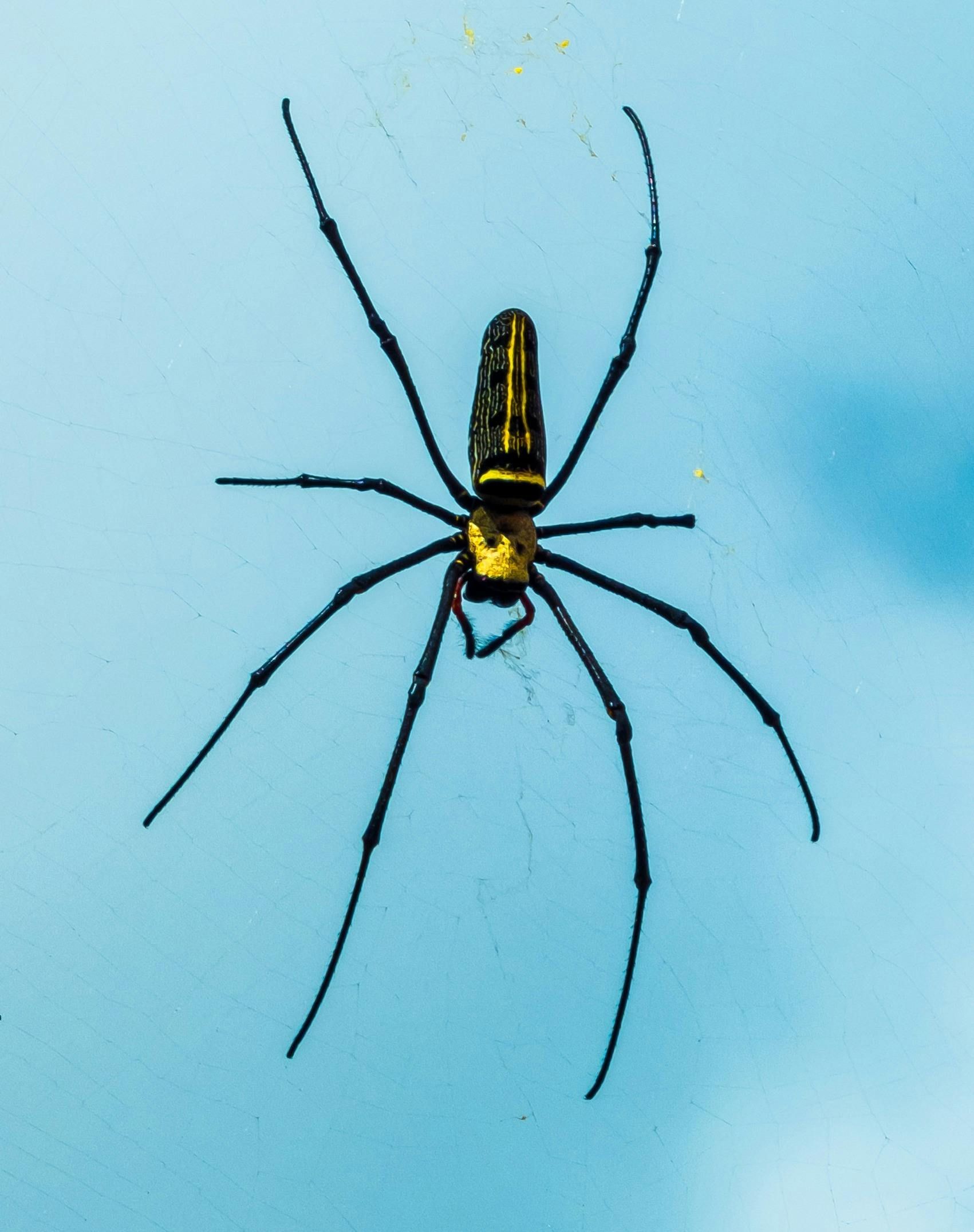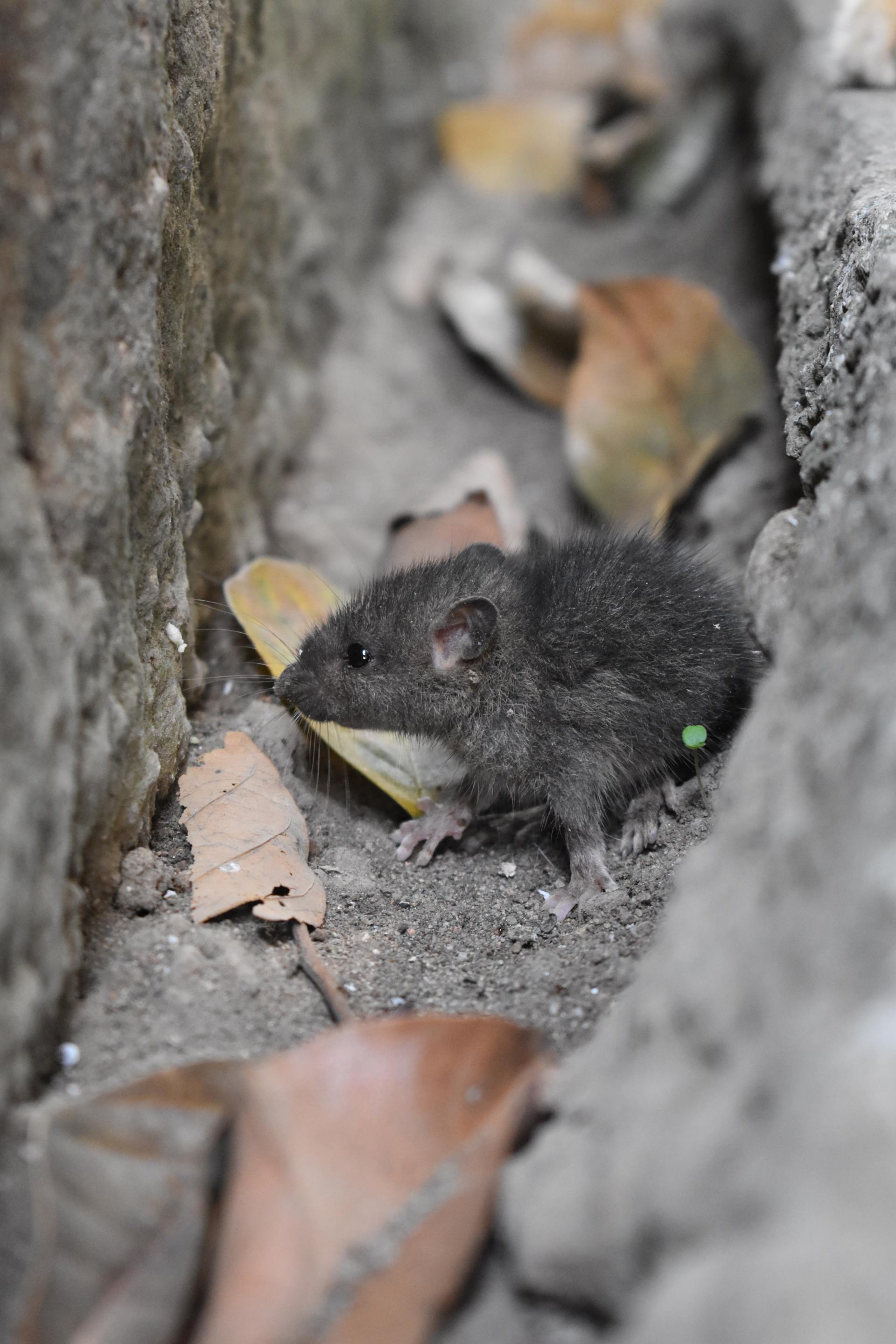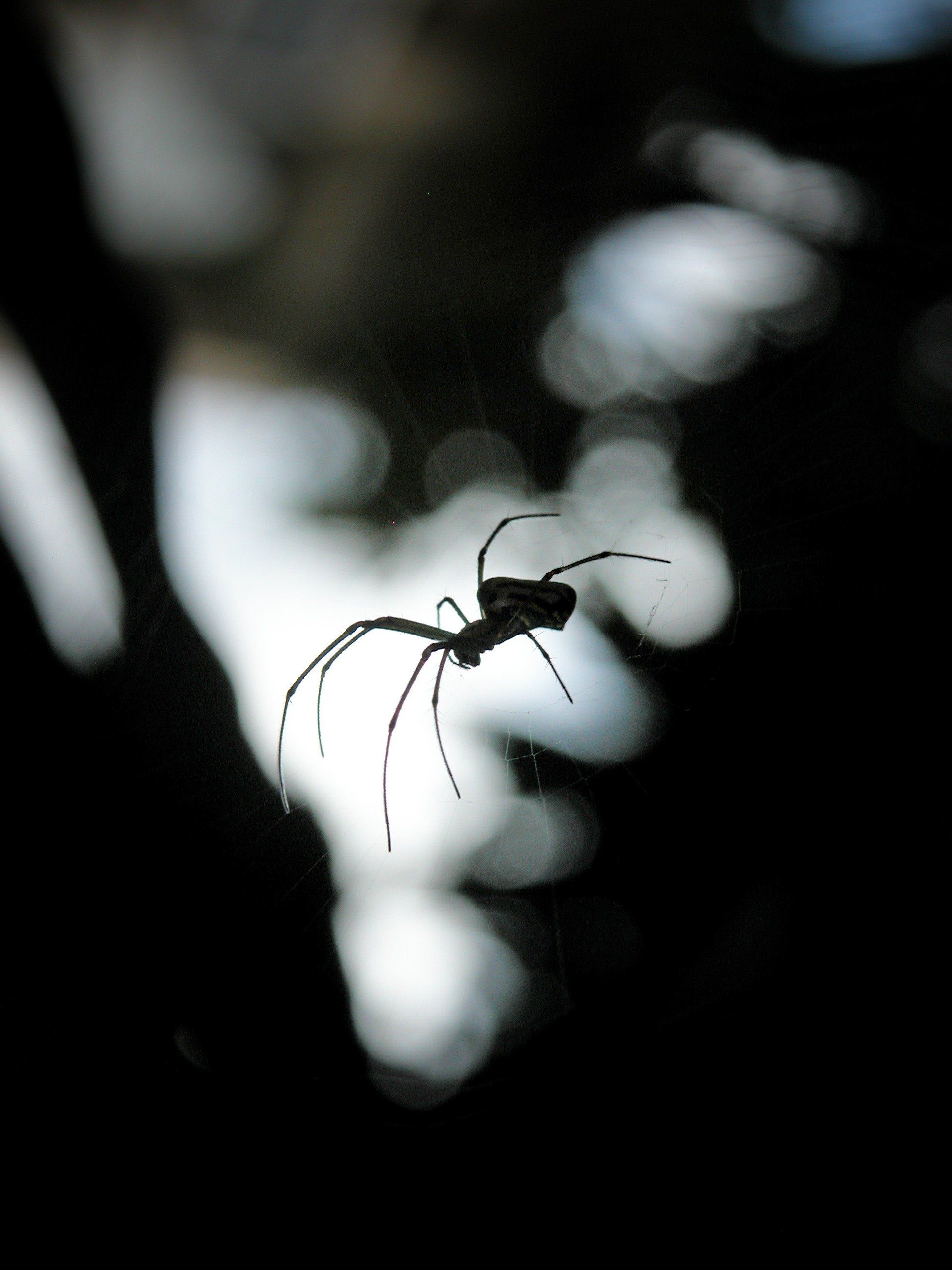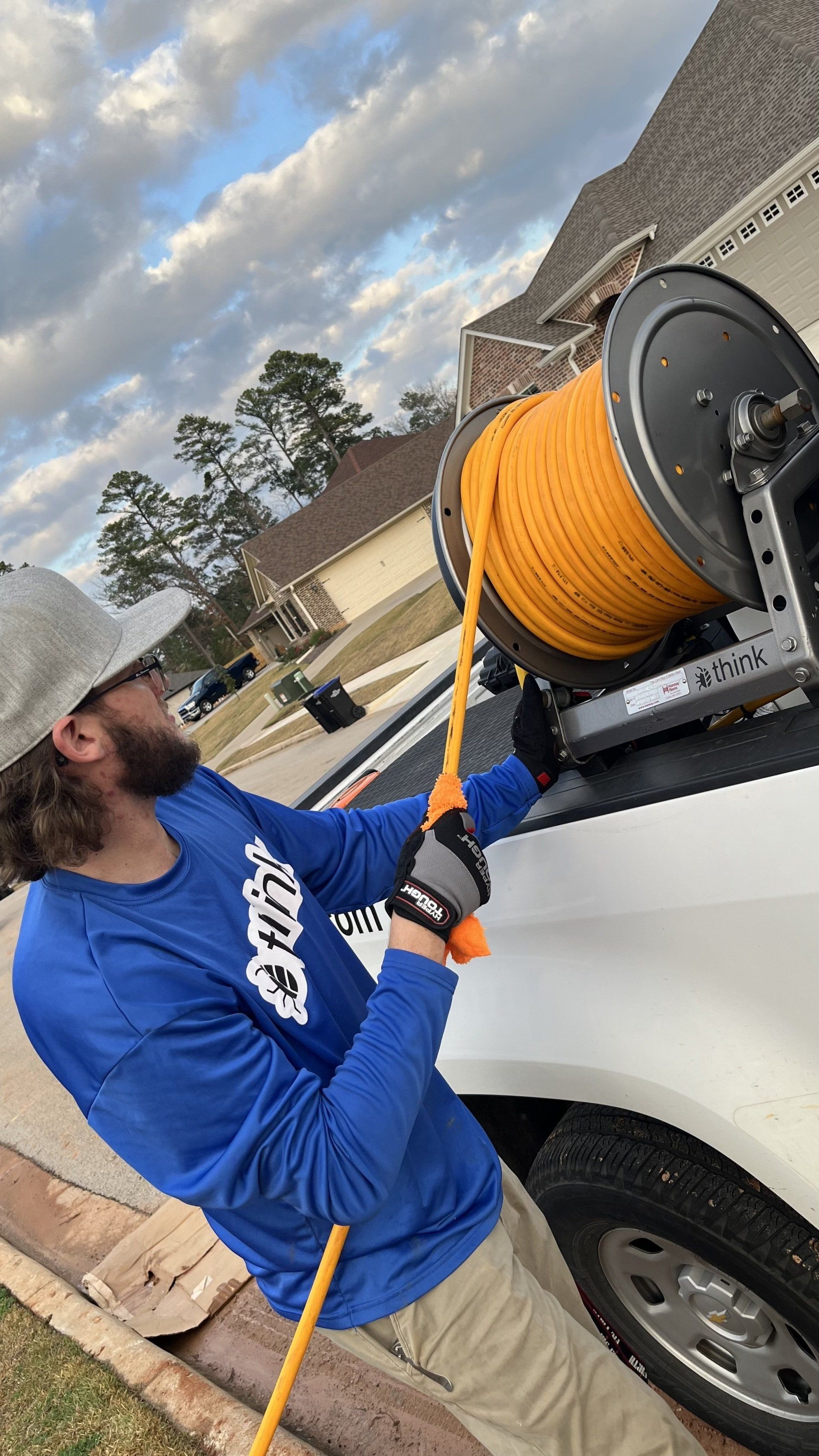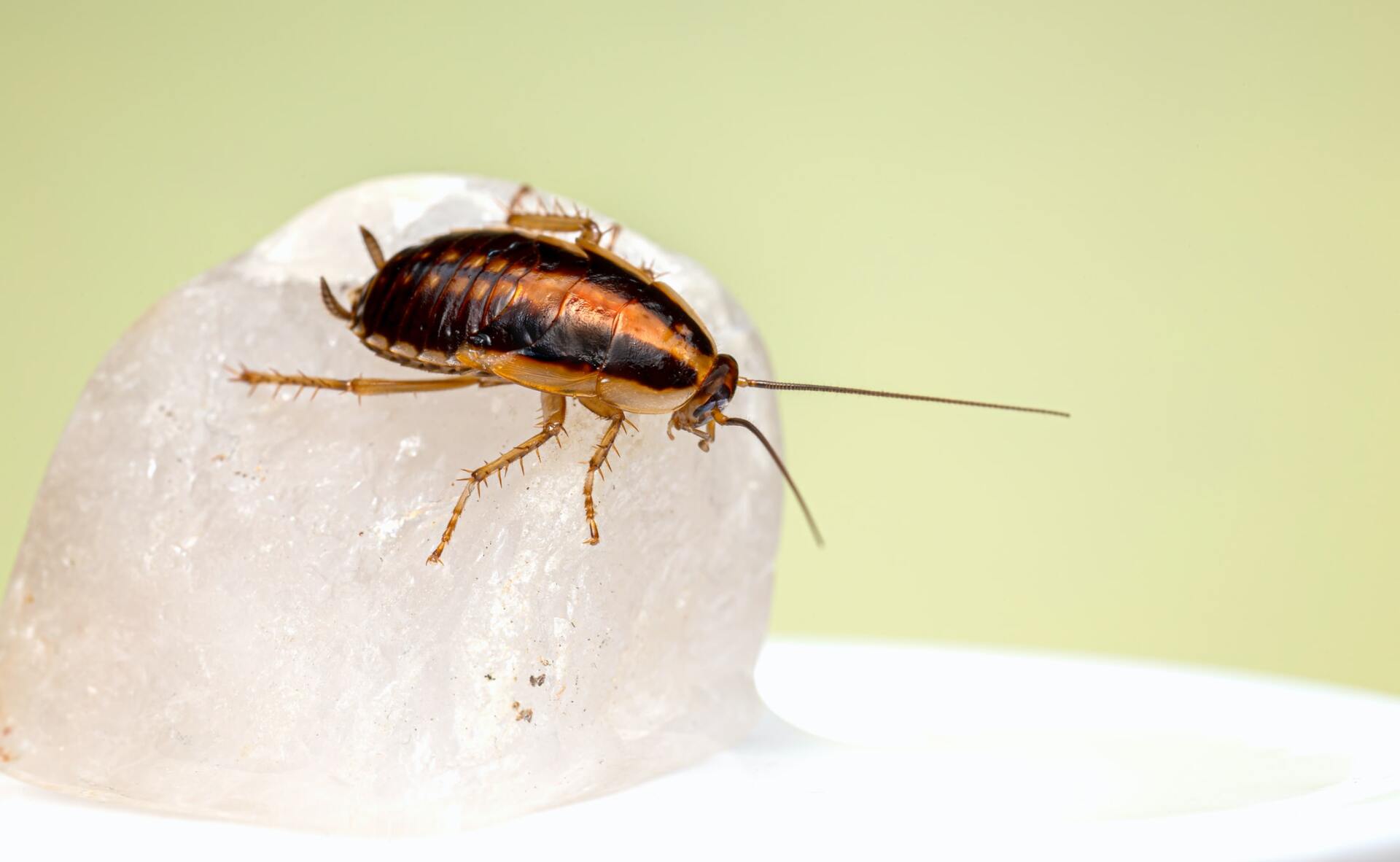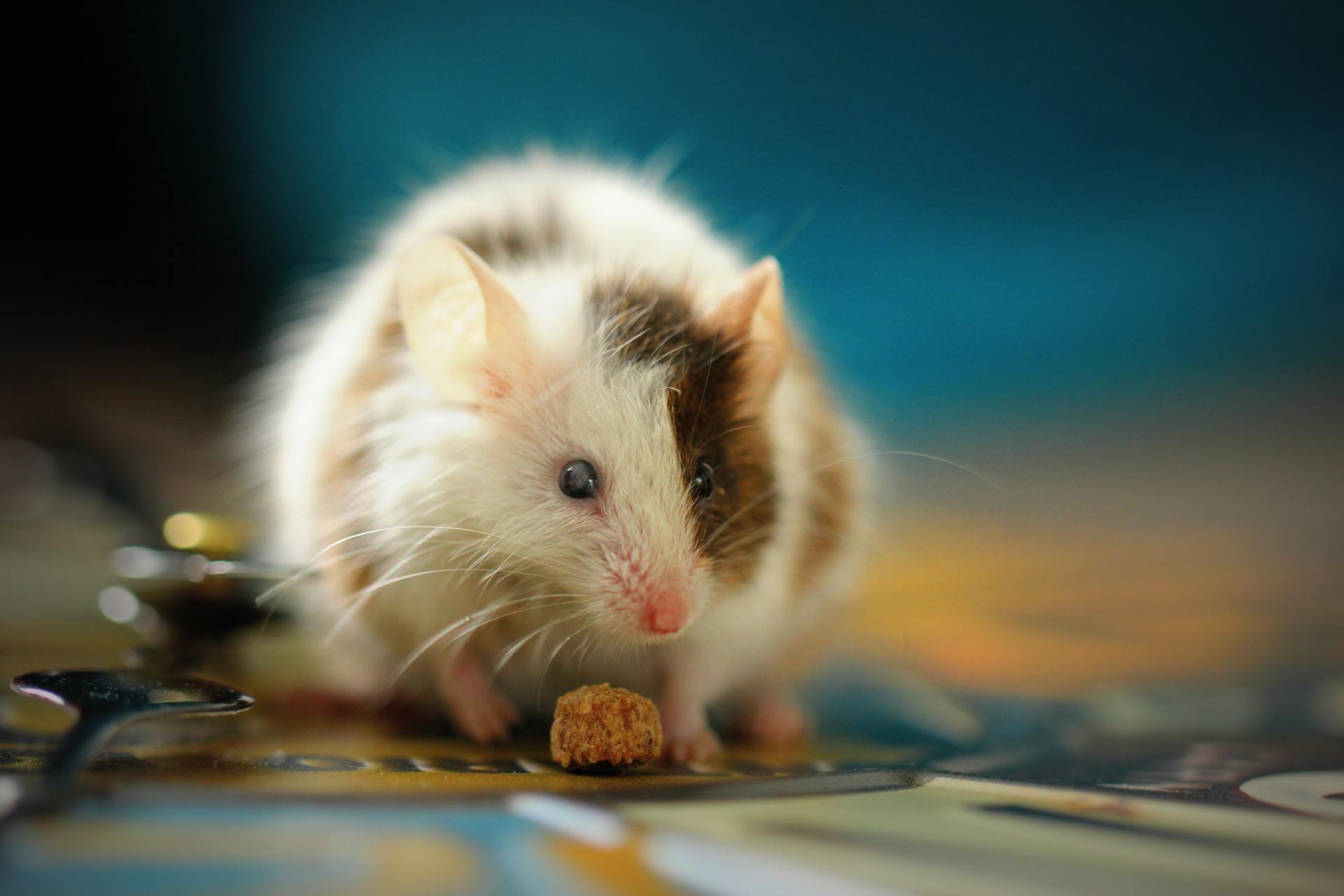Bed Bug Prevention and Treatments
Sleep Tight, Don't Let the Bed Bugs Bite: A Comprehensive Guide to Prevention and Treatment

Ah, the phrase "Don't let the bed bugs bite" may sound like a whimsical bedtime saying, but for those who have experienced a bed bug infestation, it can be a stark reality. Bed bugs are tiny, elusive pests that feed on the blood of humans and animals while they sleep, causing discomfort and potential health issues. In this comprehensive guide, we will explore effective strategies for preventing bed bug infestations and treating them if they've already invaded your sanctuary.
I. Understanding Bed Bugs:
Before delving into prevention and treatment, it's essential to understand your adversary. Bed bugs are small, reddish-brown insects that hide in cracks and crevices, emerging at night to feed on their hosts. While they don't transmit diseases, their bites can cause itching, redness, and discomfort.
II. Prevention is Key:
Regular Cleaning:
- Keep your living space clutter-free and vacuum regularly, paying special attention to seams, folds, and crevices where bed bugs may hide.
- Wash bedding, curtains, and clothing regularly in hot water and dry on high heat to eliminate any potential infestations.
Mattress and Furniture Encasements:
- Invest in mattress and box spring encasements designed to keep bed bugs out. These covers create a barrier, preventing bed bugs from entering or escaping.
Be Cautious While Traveling:
- Inspect hotel rooms for signs of bed bugs, such as tiny reddish-brown stains on sheets or mattress seams.
- Keep luggage off the floor and use luggage racks when staying in hotels. Upon returning home, inspect luggage and wash all clothing immediately.
Seal Entry Points:
- Seal cracks and crevices in walls, baseboards, and furniture to eliminate potential hiding spots for bed bugs.
III. Early Detection:
Regular Inspections:
- Conduct regular inspections of your mattress, box spring, and bedroom furniture for any signs of bed bugs, such as tiny dark spots or shed skins.
Use Bed Bug Interceptors:
- Install bed bug interceptors under the legs of your bed to trap and monitor any bed bug activity.
IV. Treatment Options:
Professional Extermination:
- If you discover a bed bug infestation, it's crucial to seek professional help. Pest control experts can assess the extent of the infestation and develop an effective treatment plan. Think Pest Control has been helping families in Denver, Colorado with bedbugs for nearly a decade.
DIY Treatment:
- For minor infestations, consider using bed bug sprays, powders, or traps. Follow product instructions carefully and be persistent in your efforts.
Heat Treatment:
- Bed bugs are sensitive to heat. Washing bedding in hot water, using a clothes dryer on high heat, or hiring professionals to perform heat treatments can help eliminate bed bugs.
Preventing and treating bed bug infestations requires diligence, attention to detail, and sometimes professional assistance. By adopting proactive prevention measures and staying vigilant, you can significantly reduce the risk of these unwelcome visitors disrupting your peaceful nights. Remember, an ounce of prevention is worth a pound of cure when it comes to bed bugs. Sleep tight!

